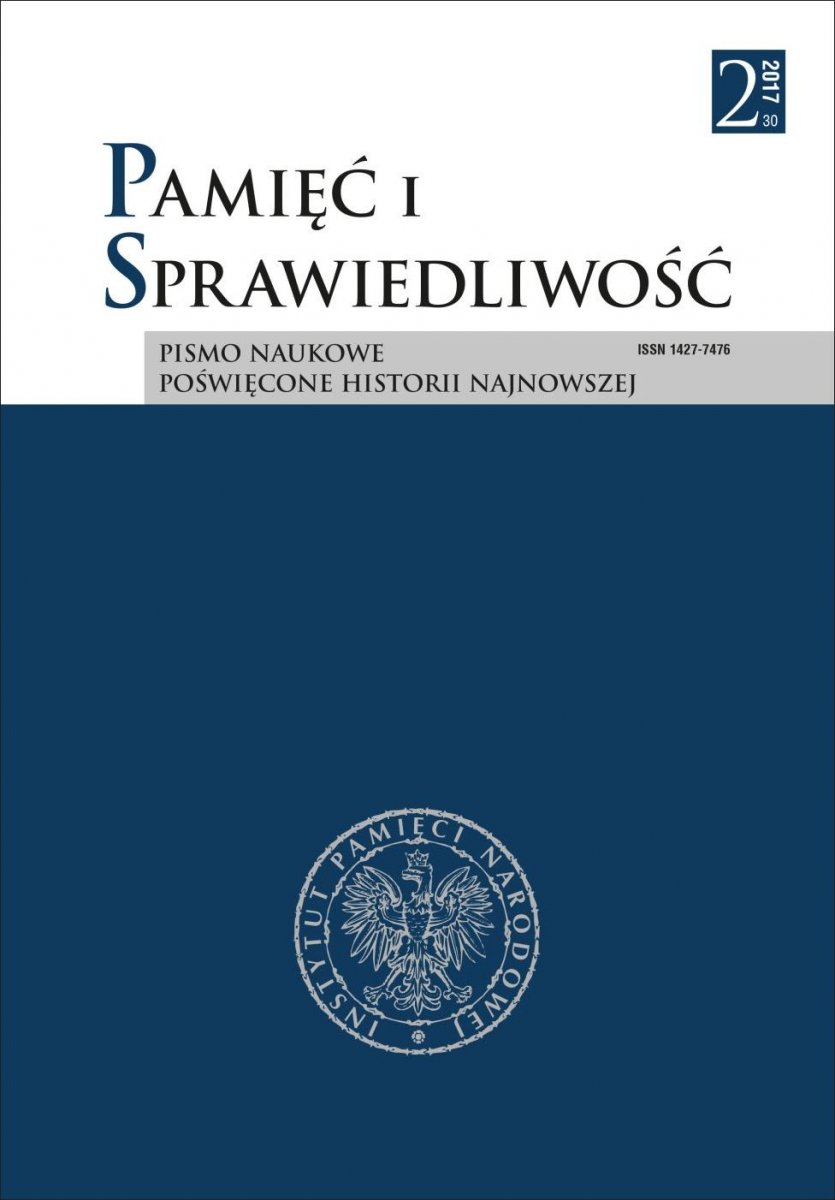Между «Традицией» И «Модернизацией»: Украинская Номенклатура В 1946–1964 Гг.
Between the “tradition” and “modernization”: Ukrainian nomenclature in 1946–1964
Author(s): Viktor KrupynaSubject(s): Recent History (1900 till today), Government/Political systems, History of Communism
Published by: Instytut Pamięci Narodowej
Keywords: nomenclature; Ukrainian SSR; J. Stalin; N. Khrushchev; the thaw; officials;
Summary/Abstract: In the twenty years of the post-war period two nomenclature periods can be identified – late Stalinism and Khrushchev. They differed by socio-political situation, personnel policies and management styles. Stalin period can be called a tradition, as nomenclature system formed and approved in 1920–1930’s operated on the same principles after the war. Khrushchev period acted as modernization attempts to improve management and prevent ossification of officials. Dynamics of quality characteristics considered at the level of local (first secretaries of district and city Communist party Committee and chairman of district and city executive committee) and regional (first secretaries of regional Communist party Committee and chairman of an oblast executive committee) leaders. National, gender, age characteristics, as well as indicators of party seniority and level of education were taken as the main markers of conservatism/modernization. The author uses statistic data from the Central State Archive of Public Organizations of Ukraine. From the aspect of social characteristic the big changes affected the local leaders. Style of governance and political association of people coming from the same region (zemliachestvo) are investigated. Under Khrushchev proved to political fraternities-informal groups of leaders, as a rule, people from the same area. Dnepropetrovsk, Kharkov, Donetsk fraternities were formed in Ukraine. Stalin’s style of management required complete dedication with a strong political responsibility. Fear for one’s life was the main motivation of work. Khrushchev’s speech at the Twentieth Party Congress meant renunciation of terror as a means of government, but he offered no other effective motivators of diligent activity, so discipline decreased.
Journal: Pamięć i Sprawiedliwość.
- Issue Year: 30/2017
- Issue No: 2
- Page Range: 319-339
- Page Count: 21
- Language: Polish

